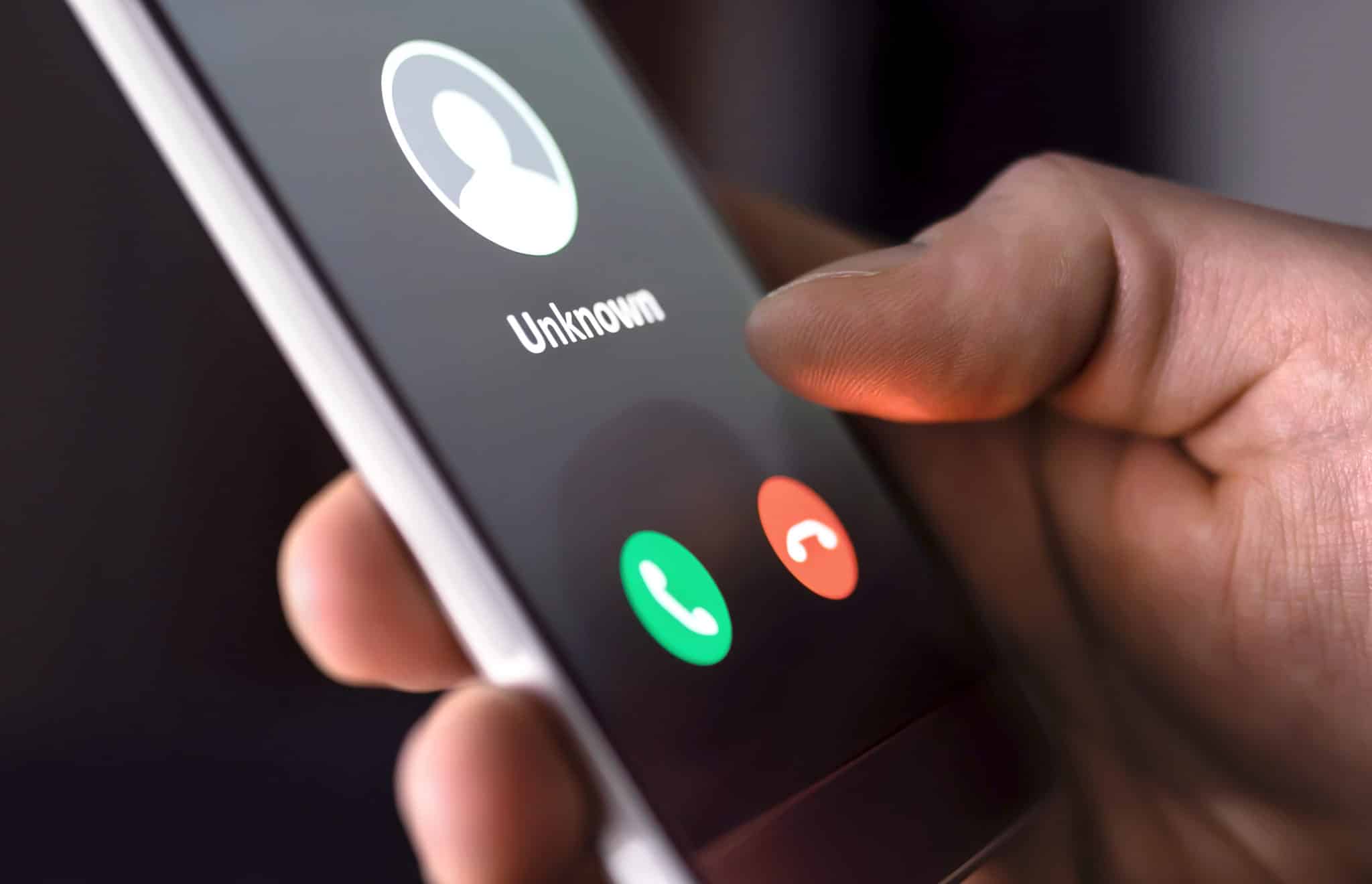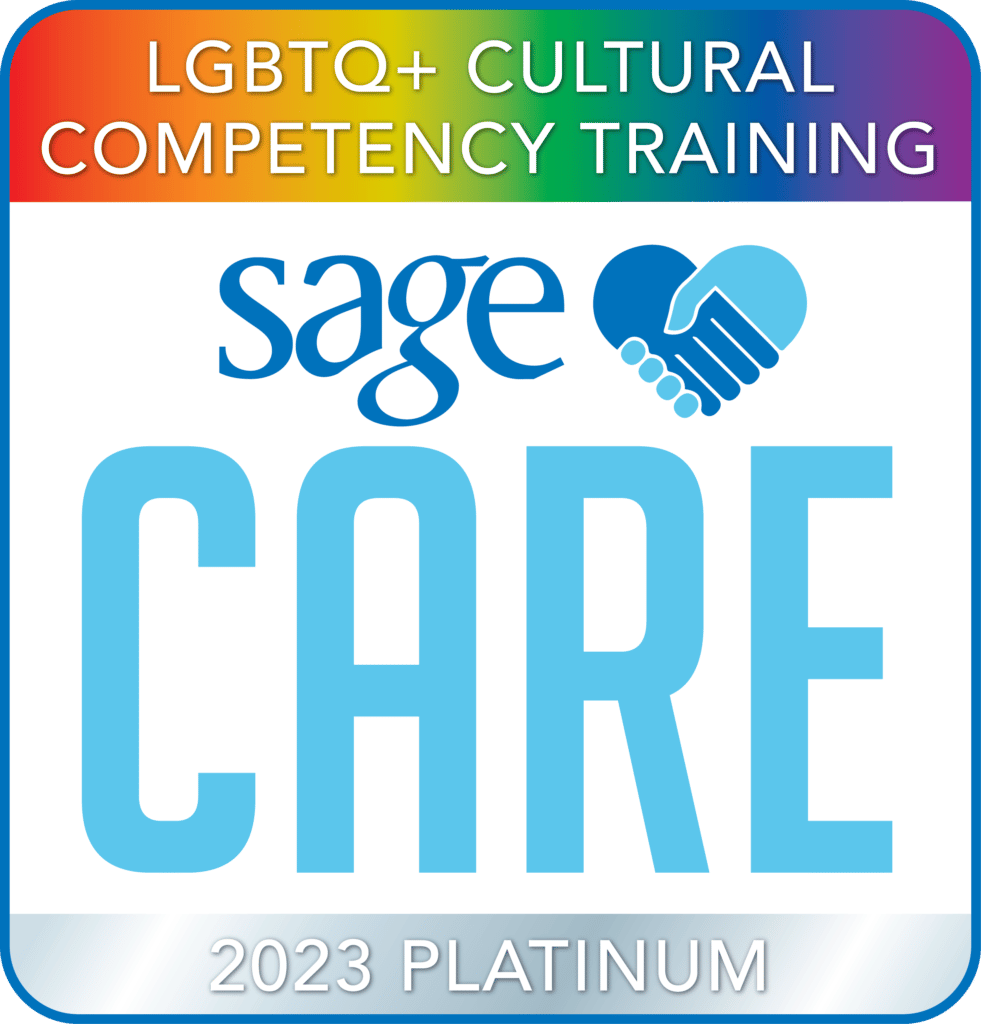Avoiding Scams During COVID-19

As the world works to contain the COVID-19 pandemic, people are trying to find trustworthy information about the spread of the disease, how they can protect themselves, how they can get tested, and more. The spammers and scammers of the world, of course, are using the current situation to take advantage of people, including many seniors who are less familiar with technology and the ways of these internet tricksters.
Here at Bristol Glen in Sussex County New Jersey, we’ve seen a few different types of scams making their rounds and our associates remain on the alert to help our residents stay cyber safe.
Phishing without a Fishing Pole?
One of the most common types of scams is called a “phishing” scam (like “fishing”; get it?) In this type of scam, someone sends an unsolicited email, text message to you. The message tries to scare you into clicking on a link and then give away your personal information.
There are many variations of this basic scam, that leverage the general fear around COVID-19:
- Fabricated notices from health organizations (e.g., the CDC or local/state health departments)
- Fake updates from an employer about policies or procedures to address the risk
- Phony websites containing maps and dashboards
- Information about protecting yourself, your children or your community that contains malicious links or attachments
- Charitable appeals to help victims of the virus which are not legitimate
- Special deals on hand sanitizer or masks or even drugs that prevent the virus
Coronavirus offers a particular opportunity for fraudsters and scammers because there’s so much information flying around at the moment, and it’s hard to know what’s correct. Scammers capitalize on that uncertainty, the information overload, and the general anxiety we’re all feeling.
Recognizing COVID-19 Scams
You don’t have to be a computer expert to stay cyber safe during COVID-19. With a little know-how and a little common sense, 99% of the phishing scams you encounter can be avoided. Here’s a mental checklist you should go through whenever you read any kind of an email with a link in it:
- Look at the sender’s email address, not just the name. It is easy to fake a name but not easy to face a domain. For instance, a message from sales@apple.com is probably legit but a message from apple.423952934820390J.com IS NOT VALID. Below is an example of a spammer trying to pretend to be Apple. Both the sender email address and the recipient address are suspect.
- Never open attachments in strange emails. This is how spammers can get malicious software to load on your computer.
- Spam emails are often composed by people who aren’t native English speakers. You should be wary if you pick up some of the following mistakes:
- Poor spelling
- Clumsy phrasing
- Bad grammar
- Incorrect spacing on emails
- Examine the URL of any link you click on carefully. Never click on a link in an email that says “Click here”. Make sure the domain of any link you click on is trusted. You can usually see the link behind the text by hovering your mouse pointer over it.
- Make sure your computer and your phone are all up-to-date. A lot of scams will also try to get malware onto your phone, laptop or desktop computer. Make sure you perform regular updates. If your device needs anti-virus software – and that’s Windows, Macs, and Android devices – make sure that’s up-to-date as well.
Most importantly, If you think you have been scammed, report it to the police immediately. Most companies have a place you can also report scams that occur in their name. If your financial information or your bank’s have been involved, let your bank or credit card provider know immediately.
Senior Communities Like UMC are on the Front Lines, Preventing Scams
Because senior citizens are more susceptible to internet and technology scams, our associates remain on the alert to help residents avoid and catch any attempts that would make them victims of online scammers. It’s part of keeping them safe.
For more information on our senior assisted living Sussex County New Jersey, please contact us today or visit our website at https://umcommunities.org/bristolglen/





